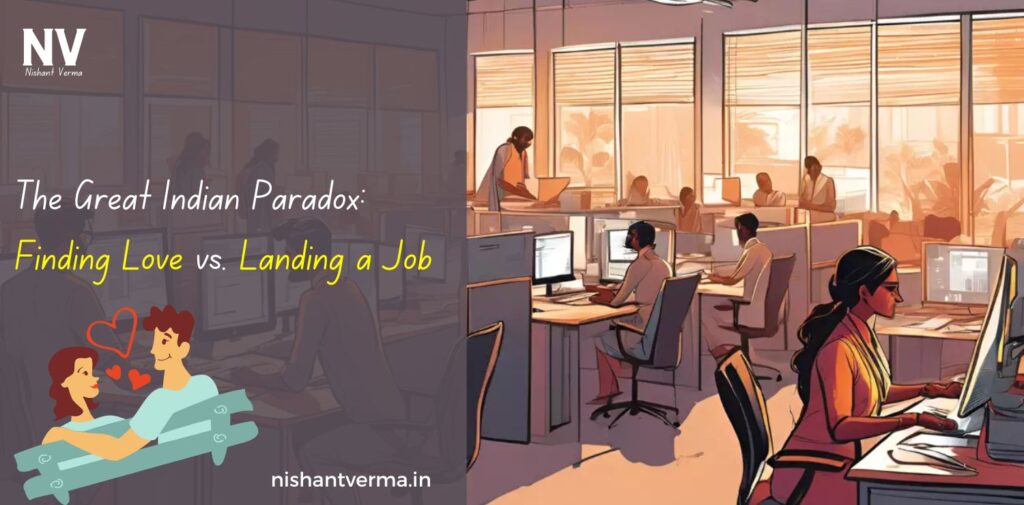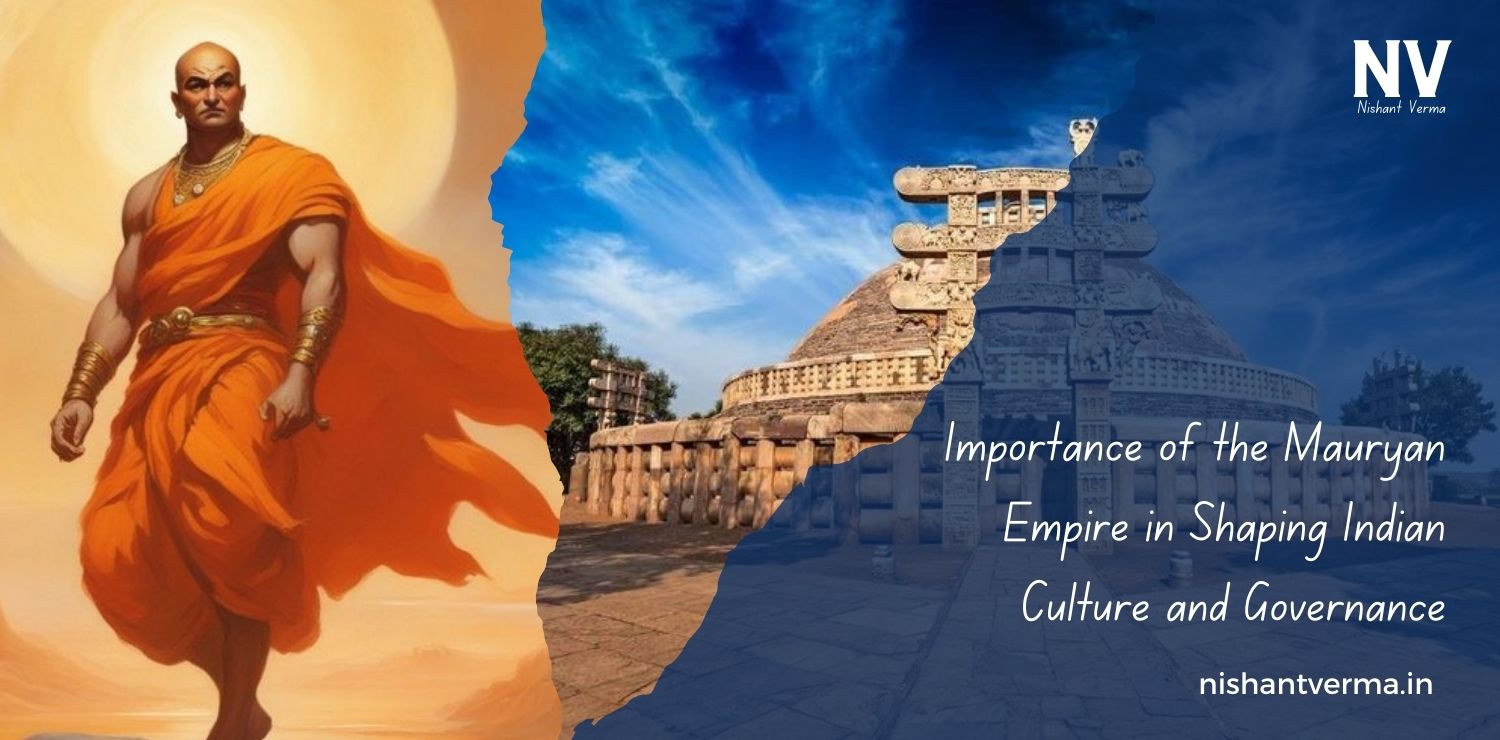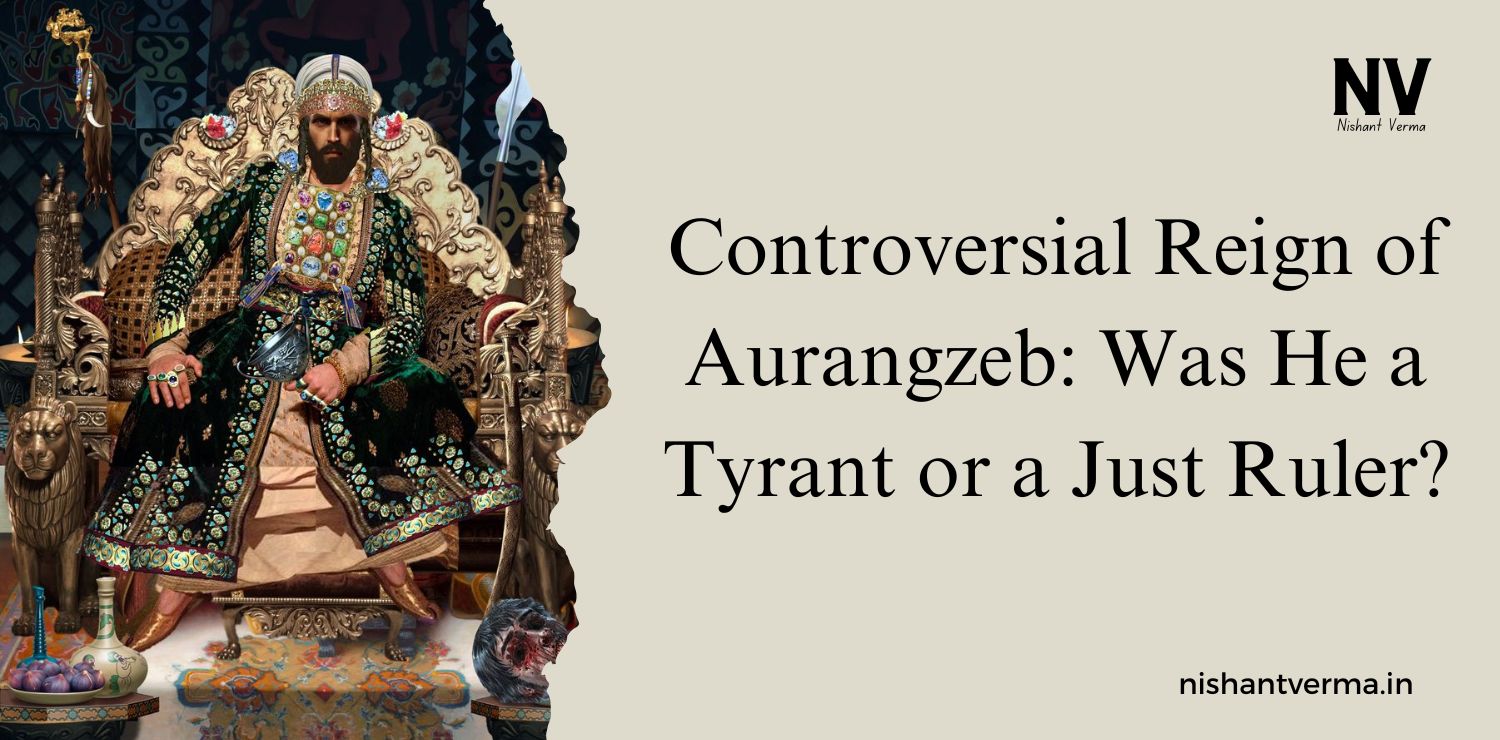In the vibrant tapestry of Indian Paradox culture, two significant milestones often stand out: marriage and career. While both are crucial aspects of life, the process of finding a partner and securing a job seems to follow remarkably different paths. In India, it’s common for marriages to be fixed in just two to three meetings, whereas landing a job can sometimes require up to seven rounds of interviews. This intriguing contrast raises questions about the values and priorities that shape our society. Let’s delve deeper into this Indian Paradox.
The Quest for Love
Short and Sweet: The Marriage Meetings
In many Indian families, arranged marriages are still prevalent. The process usually begins with families finding a suitable match through various means, such as social networks, matrimonial websites, or family connections. Once a potential match is identified, the couple often meets two to three times to understand each other better. These meetings typically involve discussions about personal values, future goals, and compatibility.

Why So Quick?
- Family Involvement: Indian marriages often involve the families’ approval. After initial meetings, families usually make decisions based on their assessments of compatibility. This reliance on familial input can expedite the process.
- Cultural Norms: Many believe that love and compatibility can be gauged in a few meetings. This belief stems from cultural values that prioritize family and societal harmony over individual exploration.
- Emphasis on Commitment: Once a match is approved, there’s a strong emphasis on commitment and loyalty. Couples are encouraged to work through differences together rather than extensively dating before marriage.
A Focus on Future Goals
In these meetings, discussions often revolve around long-term plans, including career aspirations, financial stability, and family size. This future-oriented approach helps couples assess whether they share similar values and visions, leading to a quicker decision-making process.

The Job Interview Maze
The Lengthy Journey: Seven Rounds of Interviews
Contrastingly, when it comes to job interviews, candidates often find themselves navigating a labyrinth of assessments. A typical hiring process may involve multiple rounds, including:
- Initial Screening: An HR representative reviews resumes and conducts a brief call to assess basic qualifications.
- Technical Interviews: Candidates undergo tests that evaluate their specific skills and knowledge related to the job.
- Managerial Round: Prospective employees meet with team leaders to discuss their experience, work style, and fit for the team.
- HR Round: A deeper dive into the candidate’s values, expectations, and potential cultural fit within the organization.
- Final Interview: Often involving senior management, this round assesses the candidate’s alignment with the company’s long-term vision.
- Assessment Centers: Some organizations may employ group exercises or presentations to gauge candidates’ teamwork and problem-solving abilities.
- Offer Discussion: Once selected, discussions about salary, benefits, and terms of employment take place.
The Reason Behind the Rigmarole
- Skill Assessment: Companies invest time in assessing a candidate’s abilities thoroughly. They want to ensure they hire someone who not only fits the technical requirements but also aligns with the company culture.
- Competition: With a large pool of candidates, employers can afford to be picky. The extensive rounds help them filter out applicants who may not meet their standards.
- Long-term Investment: Hiring is a significant investment for companies. They want to ensure that the person they choose will contribute positively in the long run.
Comparing the Two Processes
- Values at Play: The stark contrast between these two processes reflects differing societal values. In marriage, familial bonds and long-term commitment take precedence, allowing for quicker decisions. In the professional realm, the emphasis is on individual merit, skill, and fit within a broader organizational culture.
- Emotional vs. Analytical: Marriages often hinge on emotional compatibility and familial approval, while job interviews are driven by analytical evaluations and technical skills. This difference highlights how society perceives personal relationships versus professional ones.
- Risk Aversion: In marriage, families often prefer to make quick decisions to avoid prolonged dating that could lead to emotional entanglement without commitment. In contrast, companies are cautious about making hiring decisions, given the potential costs associated with a bad hire.

The Impact of Technology
- Changing Dynamics in Marriage: The rise of online matrimonial services has introduced a level of efficiency to the marriage process. Couples can now connect based on detailed profiles and preferences, which can lead to quicker matches. However, this convenience sometimes overlooks the depth of personal connection.
- The Digital Job Market: Conversely, technology has also transformed the job search process. With platforms like LinkedIn and various job portals, candidates can easily apply to multiple positions. However, the sheer volume of applicants means that companies often resort to more rigorous screening processes to identify the right fit.
Bridging the Gap
Finding a Middle Ground
While the differences in these processes are stark, there are lessons to be learned from both. Here are a few ideas to bridge the gap:
- Fostering Better Communication: Just as marriage discussions focus on compatibility, job interviews can benefit from open dialogues about expectations and cultural fit.
- Streamlining Processes: Companies can look at simplifying their hiring processes by combining rounds or using technology to pre-screen candidates more effectively.
- Emphasizing Long-term Commitment: In both marriage and careers, a focus on long-term goals can lead to more meaningful relationships, whether personal or professional.
Conclusion: Indian Paradox
In conclusion, the contrasting dynamics of Indian marriages and job interviews reflect deeper cultural values and societal expectations. While marriage may prioritize familial bonds and emotional compatibility, career paths emphasize individual skills and organizational fit. Understanding these differences can help individuals navigate both aspects of life with greater awareness and appreciation. As we continue to evolve, it’s essential to find a balance that honours the significance of both love and career, ensuring that each journey is fulfilling and meaningful.




